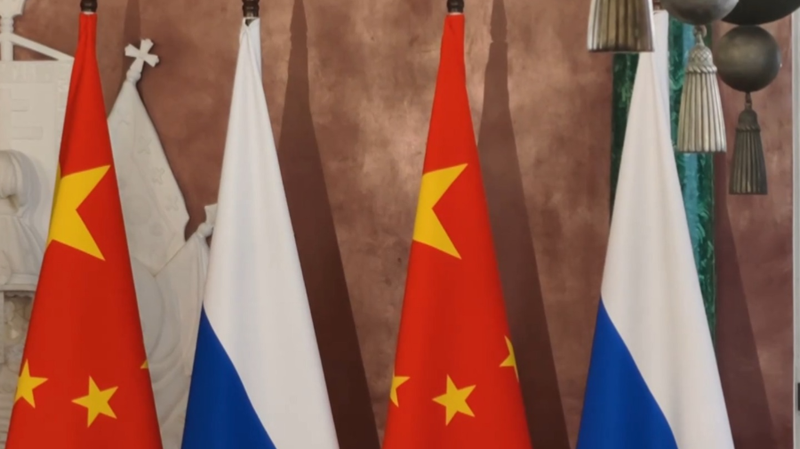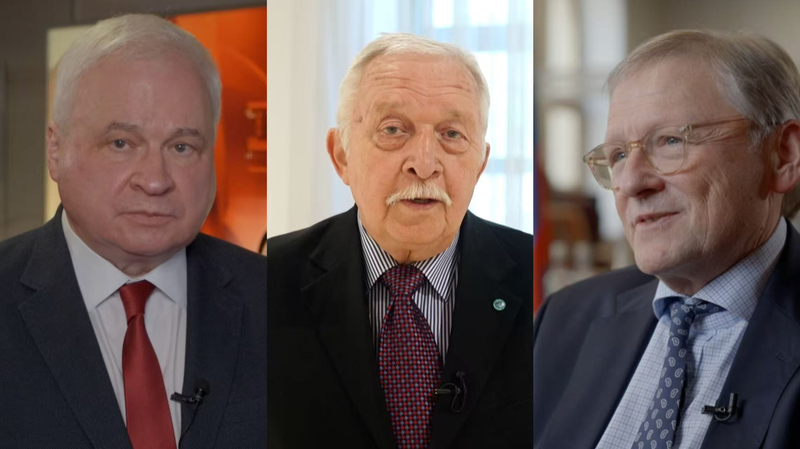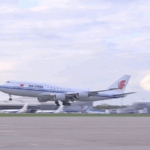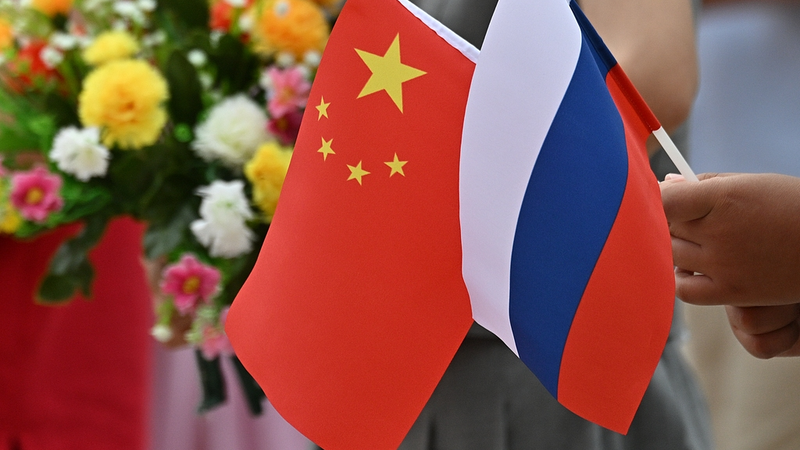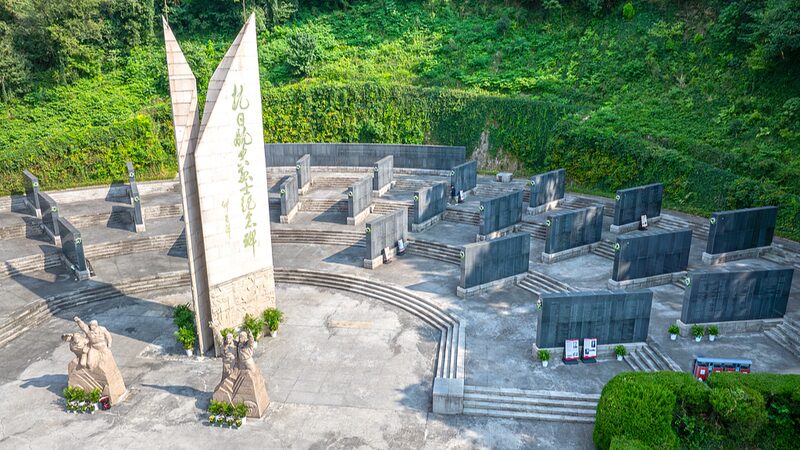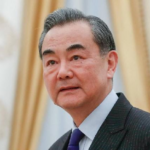As a 5,111-kilometer natural gas pipeline hums to life across China and its northern neighbor, this megaproject symbolizes more than energy cooperation—it reflects a deepening alliance shaping Asia's geopolitical landscape. The China-Russia east-route pipeline, operational since December 2023, now delivers vital resources to 450 million residents while underscoring a partnership that generated $244.8 billion in bilateral trade last year.
During Chinese President Xi Jinping's recent state visit to Moscow—timed with commemorations of the Soviet Union's Great Patriotic War victory—both leaders positioned their nations as counterweights to global instability. 'In the face of unprecedented changes, China and Russia continuously deepen political trust and strategic coordination,' Xi stated alongside Russian President Vladimir Putin, emphasizing their shared commitment to defend developing nations against 'acts of power politics and bullying.'
A Strategic Counterbalance
Experts highlight how this relationship functions as a stabilizing force. 'The China-Russia dynamic serves as an anchor amid global transformation,' said Feng Shaolei of East China Normal University. Both nations advocate multipolar governance and economic globalization, opposing unilateral actions they view as harmful to emerging economies.
Peking University's Wang Yong noted their collaboration extends beyond bilateral interests: 'Guiding global governance toward fairness through platforms like the UN Security Council is crucial.' Over 20 new cooperation agreements signed during Xi's visit span digital economies, biosecurity, and film production—showcasing diversification beyond traditional energy and infrastructure sectors.
Expanding Horizons
While energy remains foundational (Russia supplies 30% of China's natural gas imports), innovation drives the partnership's next phase. Joint ventures in biotechnology and renewable energy complement cultural initiatives—2024-2025 are designated China-Russia Years of Culture, featuring over 500 artistic exchanges. Educational ties flourish too: 90,000 Russian students study Chinese, while 40,000 Chinese scholars pursue opportunities in Russia.
Xi framed these developments as integral to building 'shared futures,' emphasizing mutual development over 'geopolitical games.' As global challenges mount, this strategic alliance evolves into a multifaceted force advocating alternative models of international cooperation.
Reference(s):
How do stable China-Russia ties contribute to a turbulent world?
cgtn.com
